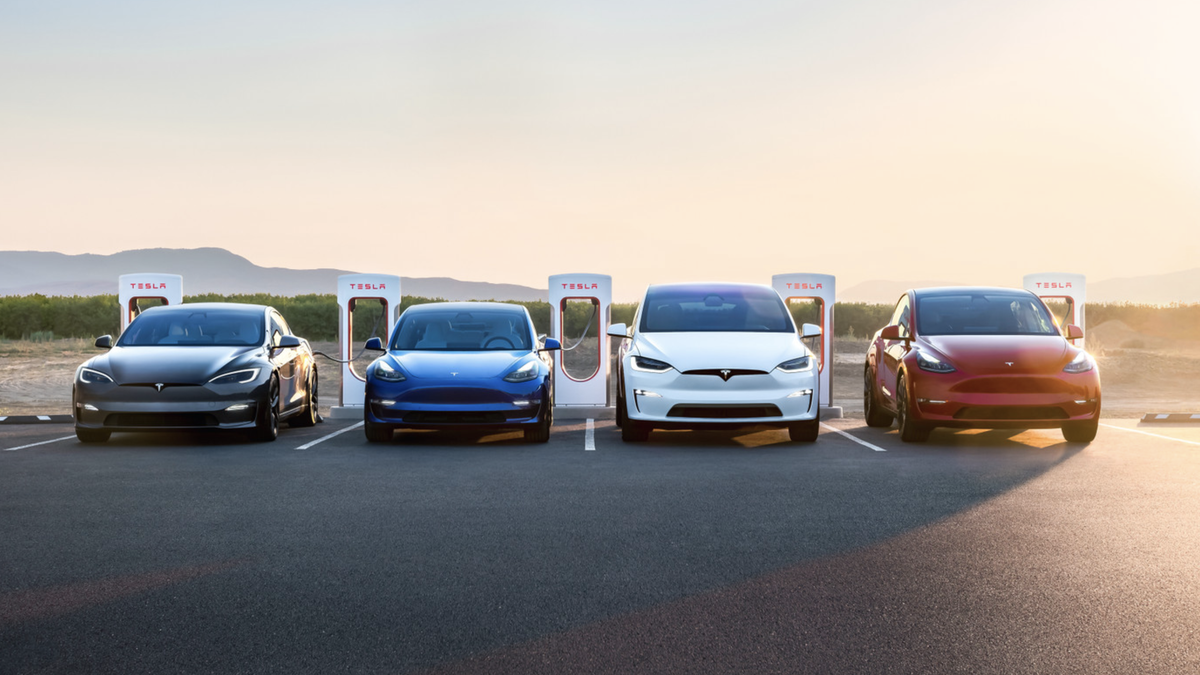I don't think so. I think it refers to the driver
reducing the speed using the scroll wheel, but the car not responding to that very quickly at all, the same syndrome as when the car detects the lower speed zone but but the actual slowing is extremely gradual. It does not specifically say higher or faster. Here is the relevant text I see:
3) adjusting vehicle speed while traveling through certain variable speed zones, based on detected speed limit signage and/or the vehicle's speed offset setting that is adjusted by the driver...
In this context, the offset can be negative, i.e. the driver scrolls down but FSD beta in those cases is responding very slowly. I think this is the simplest and most consistent explanation of the somewhat vaguely-worded issue. It also corresponds to my experience.
It's very clear to me that the vehicle takes too long to slow down if I scroll the speed down significantly. If I scroll up, I think it responds faster but I don't do that very often. (Certainly it responds reasonably quickly when it detects a speed limit sign that increases its prior detection, but in the opposite direction it responds slowly.).
From a feature-safety point of view, it's also consistent that failure to slow down responsively is the problem. The only way the driver has to tell the car to slow down is the scroll wheel - because it's coasting down too slowly on one-pedal control, and touching the brake disengages FSD completely. Conversely, failure to speed up responsively is not a problem, because an accelerator override can be used without forcing an FSD disengagement.
In any case, I think we can agree that the reports and some of the quick reactions to the recall story are overblown. I don't think there's anything in here that says FSD won't be allowed to exceed the speed limit.

 jalopnik.com
jalopnik.com


 jalopnik.com
jalopnik.com


